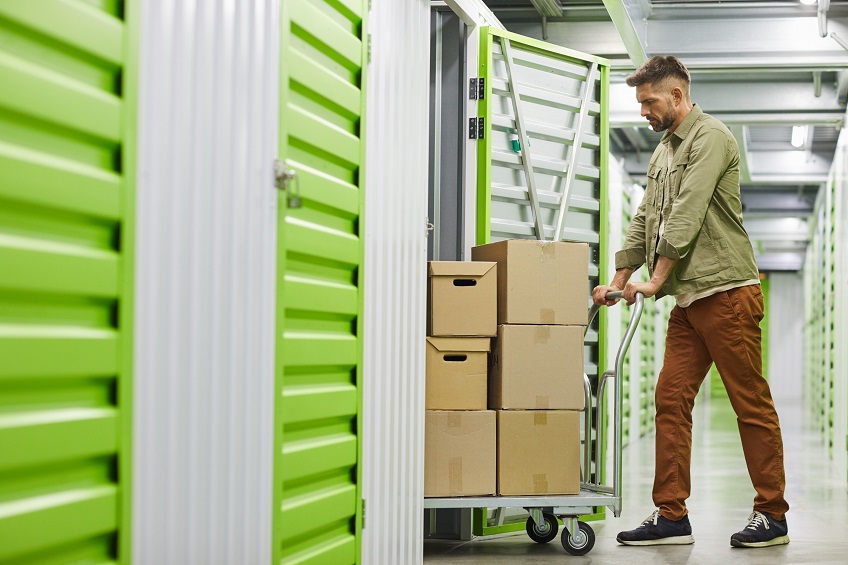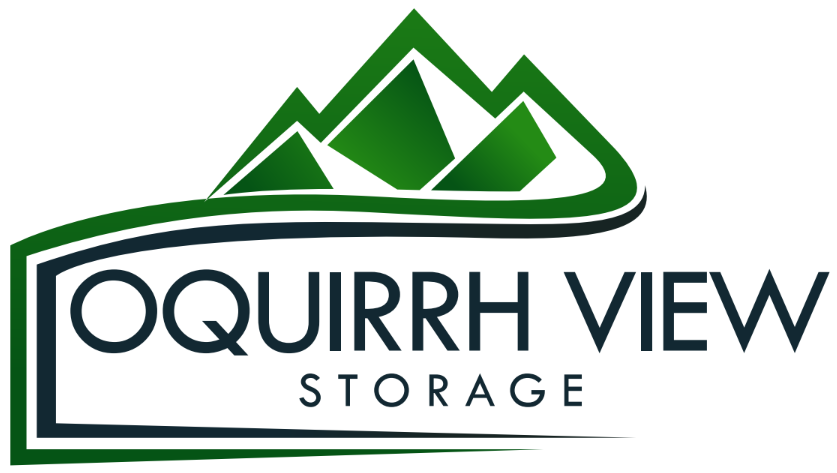Storage facilities have guidelines in place to make sure everyone is safe. A storage unit is a great solution for many situations from moves and remodels to business needs and inventory and beyond. But to keep everyone protected, renters need to follow the rules and only store items that are legal. Here are a few examples of what’s not allowed in most storage units.
- Hazardous materials. This includes anything toxic, flammable, or combustible such as paint and paint thinners, fertilizers, oil and gasoline, fireworks, chlorine bleach, acid, acetone, propane tanks, compressed gas, radioactive materials, and turpentine. Some household cleaners may even fit this category. If you’re in doubt, ask.
- Unregistered vehicles. Vehicles, boats, and RVs are common items at storage facilities. But be prepared to possibly show proof of registration and insurance for those vehicles.
- Weapons and ammo. Firearms and other weaponry need to be safely secured, but a storage unit is not the spot. There are liability issues involved for the facility and it can create a number of potential problems for the facility and their customers. If you need a place for your weapons, invest in a secure solution at your residence.
- Fur clothing. If you have a high-end fur coat that is worth a small fortune, you won’t want to house it in a storage unit. Very specific conditions are required for furs, and you’ll need a specialty unit for such an accessory. A quality, climate-controlled unit could work, however, but you’ll want to discuss your needs with the facility.
- Living and dead items. This should be pretty common knowledge, but you’d be surprised what some people try to get away with. Deceased pets, family’s ashes, and even just flowers and plants cannot be kept inside a storage unit.
- Wet items. Because of the potential for mold and mildew, anything wet needs to be dried before you close the door. If you place a wet item such as scuba gear or kayaks into the storage unit, you will likely come back to a mess that could be dangerous—it’s never good to breathe in mold spores.
- Stolen items or illegal goods. Most storage facilities are highly monitored, so you’ll probably be caught if you’re trying to bring in stolen or illegal goods. Employees are required to notify authorities if they suspect something suspicious, so it’s best to not even try.
- Priceless/Irreplaceable Items. Although storage facilities are generally very safe, priceless items or irreplaceable heirlooms would be better in a bank or safety deposit box or a secure location that is by you always. This goes for money as well.
- Perishable food. Perishable food is an invite to bugs, pests, and mold. Don’t plan on keeping your food storage at a facility unless it’s specifically allowed. Canned goods are at risk of combustion, and even shelf-stable products can be tricky. If you have items that are securely packed for resale, storage may be possible. You just need to make sure you discuss your specific needs with the facility.
Oquirrh View Storage has many options for safe storage. Contact us with any questions or concerns.

